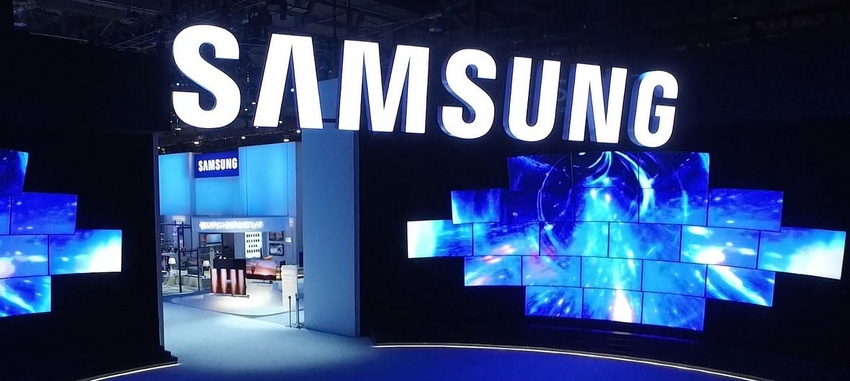Samsung has reported its earnings for the final quarter of 2017, and while profits shrunk year-on-year it does seem to be pretty good news for the Koreans.
January 31, 2018

Samsung has reported its earnings for the final quarter of 2017, and while profits shrunk year-on-year it does seem to be pretty good news for the Koreans.
Over the course of the quarter, operating profit fell slightly to $14.25 billion, though total revenues did increase 24% compared to the same period to roughly $62 billion. Over the course of the 12 months, revenues increased 19% to just over $224 billion, while operating profit jumped a monstrous 83% to just over $50 billion.
Looking more specifically at the individual business units, the semiconductor was attracting all the praise once again. The largest contribution came from the Memory business that manufactures DRAM and NAND, with Samsung gobbling up market share. This growth is expected to continue over the next couple of months, as new data centre builds will continue the demand for DRAM, while demand for NAND is likely to remain stable.
Interestingly enough, Samsung could now be considered the world leader in the chip market. A title long-held by Intel has now seemingly been handed over, as the $69.1 billion generated by the Samsung semiconductor business exceeds the $62.8 billion brought in by Intel over the last twelve months. Admittedly it is not a direct comparison as the pair operate in different sub-sectors, but looking at a cash basis Samsung is number one.
In the mobile business, earnings declined due to increased marketing costs prior to Christmas and lower shipments. Top-range devices maintained sales, though Samsung stopped selling as wide a range of low-range devices which has been blamed for the slowdown in total shipments. This dip might only be temporary however, as the launch of Galaxy S9 over the next coming months will provide a notable boost for the business.
This focus on the top end will only continue over the next twelve months as well. The business unit might not match total revenue numbers but the theory here seems to be focusing on profitability. In the low- and medium-range devices market the aim will be to simply hold-strong and maintain the current position, while the moves will be made further up the food chain.
Elsewhere on the mobile side of things, the Networks Business anticipates some bites when it comes to 5G commercialization in major markets including Korea, the US, and Japan. We’ve already seen a glimpse of the 5G potential in the US over the last couple of months, Samsung did win a useful contract with Verizon, but this is only the tip of the iceberg. 5G will start paying off before too long, but it can’t come soon enough as Samsung notes ‘the completion of LTE investments’.
Samsung might be known for a flashy phone with a big screen in most places worldwide, but the chip business is proving to be the saviour here. It might not be the most exciting aspect of the technology industry, but considering the anticipated need for components relating to software, connected devices, and services based on AI/IoT platforms, it might just pay-off to be boring.
About the Author(s)
You May Also Like








.png?width=300&auto=webp&quality=80&disable=upscale)


_1.jpg?width=300&auto=webp&quality=80&disable=upscale)


.png?width=800&auto=webp&quality=80&disable=upscale)